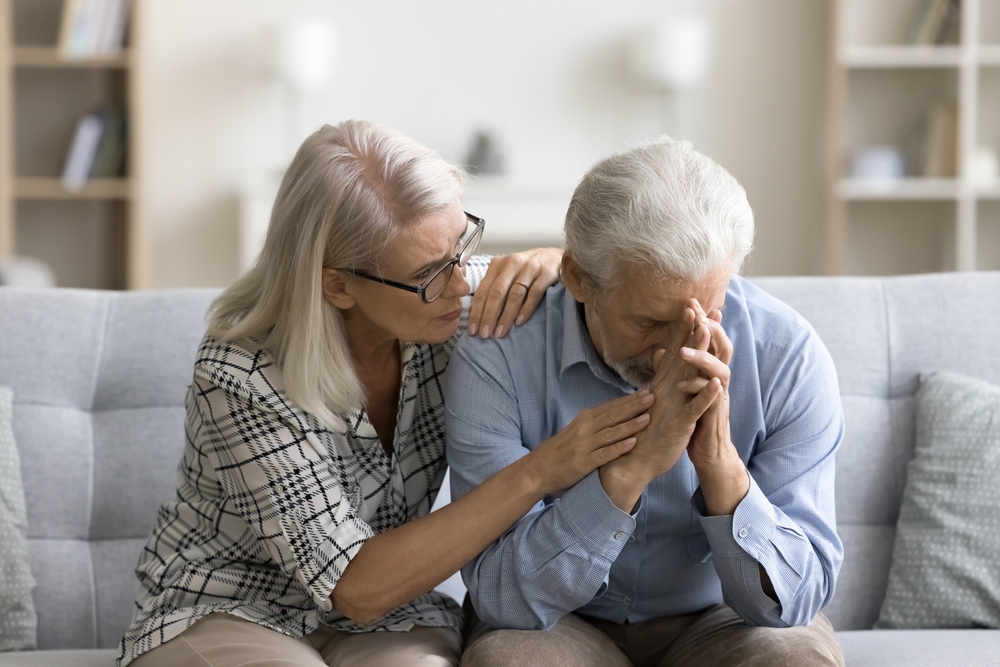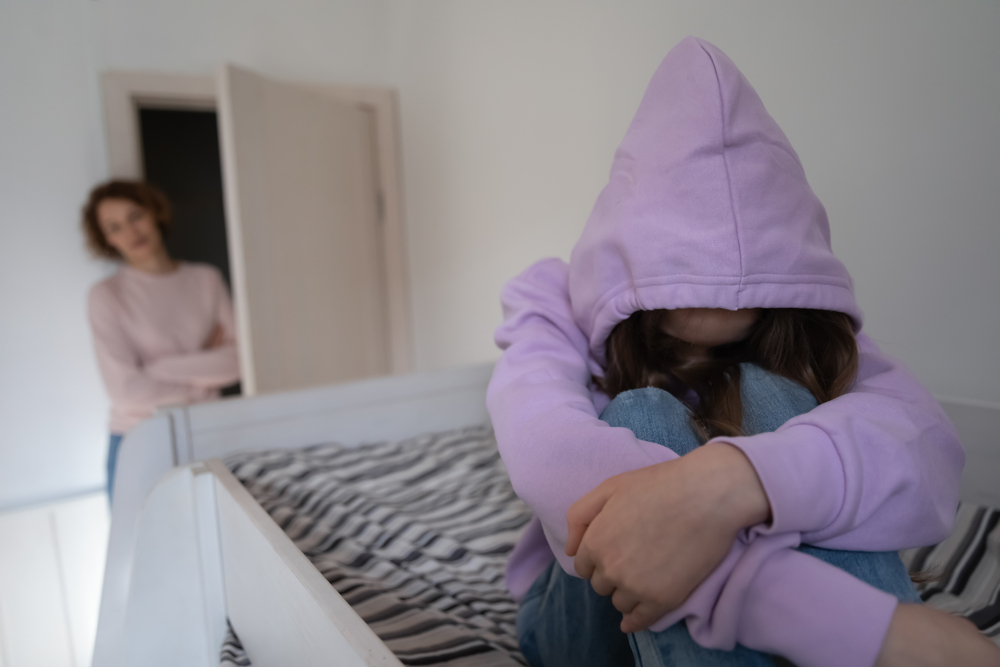We’ve spent nearly two years wrestling with the COVID-19 pandemic. Now the Omicron variant is promising another winter of masks, cancelled events, and near-capacity hospitalizations. Still, you may be feeling like all the precautions don’t even matter anymore. You might be wondering why you keep doing the work of keeping people safe. If you are frustrated over COVID burnout, you may need to get help from a therapist to allow you to keep making good choices and keeping your loved ones safe and healthy.
COVID Burnout is Exhausting
At this point, most everyone has felt burnout. The psychological term means a feeling of all-consuming exhaustion and detachment, which often results from extended periods of acute stress. Most often, you will see articles about professional burnout – where employees give up, check out, or even resign from jobs they used to love when the stress gets too high for too long. However, burnout can happen anytime you are facing uncertainty and trauma – including natural disasters, diseases, and community crises like the COVID-19 pandemic.
Common symptoms of COVID fatigue include:
- Feeling cynical
- Emotional exhaustion
- Lack of empathy
- Feeling like a failure at work
- Loss of productivity
- Anxiety about the future
- Feeling a loss of control
- Resentment and rebellion against community health guidelines
Why COVID Fatigue Happens
Stress naturally triggers your anxiety. Anxiety can motivate you to solve problems and take action – like buying medical-grade masks and getting your vaccine. However, when there is no way to plan your way out of a pandemic, the same endorphins that motivated you to act, now just make you exhausted. This can lead to radical acceptance of a new normal – one where hospitals are full, and people die from a disease every day. This acceptance – this COVID burnout – can in turn lead you to give up on the worry that motivated you in the past, even if it means putting yourself in danger.
Pandemic Fatigue Threatens Safety Measures
In addition, the prolonged demand for everyone to put their community’s needs first can be exhausting. Especially if you live or work in an area with low vaccination rates and mask compliance, it can feel like you are the only one doing their part to stop the spread. You might feel like giving up, skipping your mask, and just going back to life as usual. Or the opposite might happen. You may feel anxiety every time you see someone without a mask or over-estimate your risk of exposure while taking appropriate safety measures. The apathy and anxiety that comes from COVID burnout could result in less global compliance with safety measures like masking and social distancing. And that may result in a longer pandemic with a higher number of infections and deaths.
How to Handle COVID Burnout and Keep Making Good Choices
With everything that the last two years have demanded of you, it is normal to need some mental health support. Working with a therapist can help you find healthy ways to fight against COVID fatigue, and the underlying conditions it aggravates (like depression and anxiety). This can include developing new coping mechanisms and adapting what has worked in the past to fit with priorities of social distancing and safety. A therapist can assist you in:
- Creating and maintaining routines as you work from home
- Identifying your most important relationships and making plans to maintain them
- Developing techniques to address moments of acute stress
- Providing an objective perspective to personal anxieties and thought processes
In addition, if the pandemic is triggering your existing anxiety, depression, panic attacks, or other mental health problems, a therapist can help you develop a plan to respond to those symptoms. With that plan in place, you can move past COVID anxiety and continue to feel motivated to do your part to get through what is undoubtedly a difficult period.
David Stanislaw is a psychotherapist with over 30 years of experience. He helps adults, teens, and children and respond to stress, anxiety and other mental health issues. Contact David Stanislaw to get help today.


 6 Ways to Accommodate Your Spouse’s Anxiety
6 Ways to Accommodate Your Spouse’s Anxiety How Long Does Therapy Take?
How Long Does Therapy Take? Helping Kids Cope with Trauma and PTSD
Helping Kids Cope with Trauma and PTSD